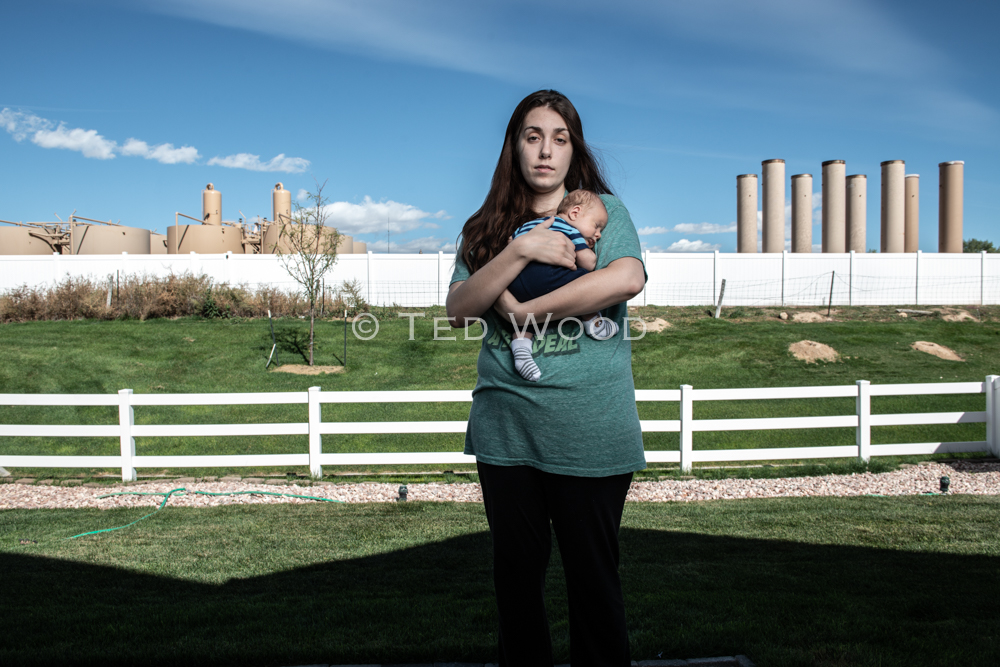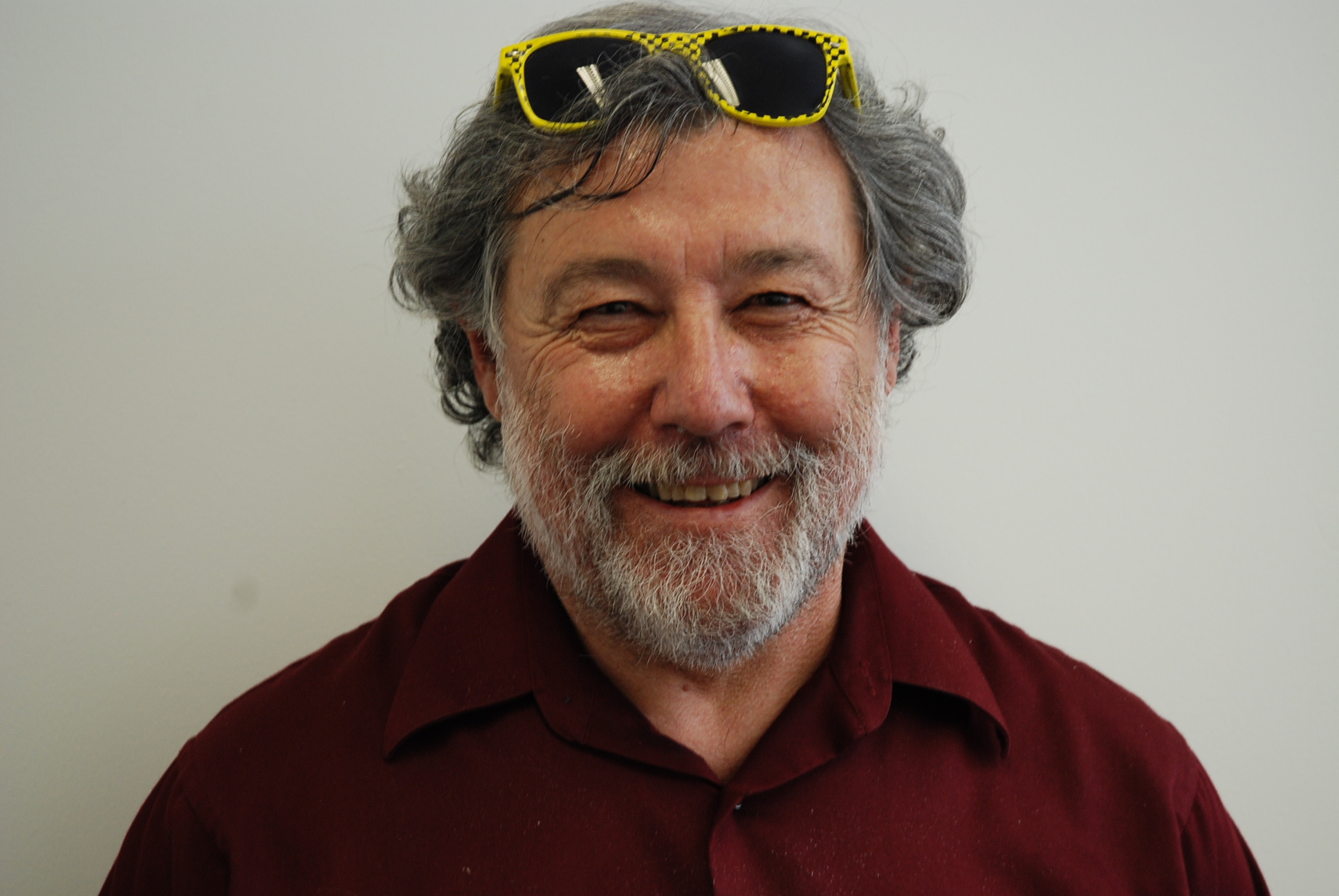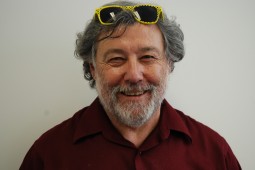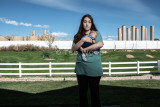
Today’s show offers two features:
Oil & Gas Impacts (start time: 1:05) Proposition 112, which would require oil and gas wells to be at least 2,500 feet from homes, schools, parks and other buildings, has highlighted mounting public concerns about the health, social and other impacts of extensive drilling along Colorado’s Front Range. Weld County is center stage for the latest oil and gas boom; nearly half of Colorado’s 55,000 active wells are located there. Jason Plautz, a Denver-based journalist, discussed with host Susan Moran the science and politics surrounding drilling activities, and whether explosions such as the one in Windsor last December could happen in many other locations. Plautz and Daniel Glick wrote a feature article that has just been published in High Country News.
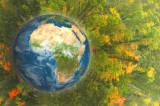 Healthy Planet+Healthy Humans? (start time: 14:46) Matthew Burgess has been immersed in thinking about and studying how we humans, and the planet we inhabit, can both remain intact—in fact, can both thrive–well into the future. What’s he smok’in, you might ask? In fact, he is a serious environmental scientist at the University of Colorado Boulder. Dr. Burgess and nearly two dozen colleagues authored a recently published scientific paper that applies models to show how we can meet demands of increased populations and economic growth in 2050, while simultaneously achieving bold and effective conservation and climate goals set forth by the United Nations. Dr. Burgess is an assistant professor in Environmental Studies, with an additional appointment in Economics. And he works at the Cooperative Institute for Research in Environmental Science (CIRES), the collaboration between the National Oceanic and Atmospheric Administration (NOAA) and the University of Colorado. He discusses the paper and its implications with hosts Susan Moran and Joel Parker.
Healthy Planet+Healthy Humans? (start time: 14:46) Matthew Burgess has been immersed in thinking about and studying how we humans, and the planet we inhabit, can both remain intact—in fact, can both thrive–well into the future. What’s he smok’in, you might ask? In fact, he is a serious environmental scientist at the University of Colorado Boulder. Dr. Burgess and nearly two dozen colleagues authored a recently published scientific paper that applies models to show how we can meet demands of increased populations and economic growth in 2050, while simultaneously achieving bold and effective conservation and climate goals set forth by the United Nations. Dr. Burgess is an assistant professor in Environmental Studies, with an additional appointment in Economics. And he works at the Cooperative Institute for Research in Environmental Science (CIRES), the collaboration between the National Oceanic and Atmospheric Administration (NOAA) and the University of Colorado. He discusses the paper and its implications with hosts Susan Moran and Joel Parker.
Hosts: Susan Moran, Joel Parker
Producer: Susan Moran
Engineer: Joel Parker
Executive Producer: Susan Moran
Listen to the show here:
Podcast: Play in new window | Download (Duration: 28:00 — 25.6MB)
Subscribe: RSS

